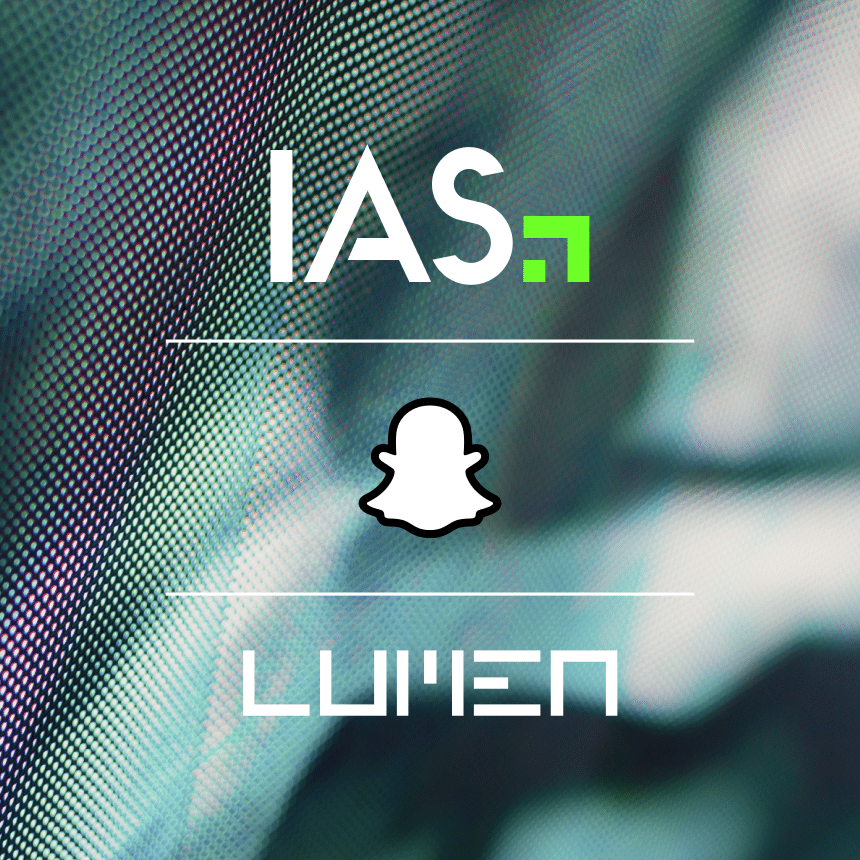Our CEO, Scott Knoll discusses the ad tech landscape, the need for transparency in the digital ad supply chain, and his journey to the CEO role. Read the interview here.
The rise of programmatic advertising (automated computing systems that provide real-time bids and placement of digital ad impression inventory) has been both boon and bane to marketers and publishers. According to eMarketer’s latest forecast, “nearly four of every five US digital display dollars will transact programmatically in 2017, totaling $32.56 billion. By the end of the forecast period, that share will rise to 84%, leaving little doubt that buyers and sellers are continuing to invest in automated ad buying.”
Yet despite its near ubiquity, the process has created much controversy with an adtech ecosystem that is overly complex and opaque, leading to the introduction of bad actors in the system that at best, are less than truthful about the source and data behind the ad inventory and at worst, outright fraudulent. Scott Knoll, President and CEO, of Integral Ad Science has been working to change that dynamic.
“Integral Ad Science (IAS) has become a source of truth for advertisers and publishers, and more and more transactions are based on the data that we provide to folks. What we discovered is ultimately the industry has based all of its measurement on an ad served, and an ad served is pretty meaningless now because 50 percent of the ads served are either of no value or worse; they’re potentially very harmful for a particular brand because they’re served alongside inappropriate content or because they’re served to a bot. There’s no chance for the ad to even work,” says Knoll.
The promise of digital advertising was that it was all going to be measurable and that it was going to be the most measurable medium. The reality is we can measure a lot. But it doesn’t mean we’re necessarily measuring the right things.
IAS was founded in 2009 to provide advertisers with a way to measure brand-safe advertising environments. As more and more advertising was being bought either indirectly through an ad network or programmatically, ads started to appear next to content that was either straight up pornography, hate speech or just profanity — different levels of bad content that brands would absolutely want to avoid. So, the company created technology to prevent that from happening.
“When I joined in 2011, the company had about 18 people. Programmatic was just taking hold. It was a really exciting time because buying digital was so complicated, but the idea that you could actually create a set of rules and have a computer run these rules, look at this algorithm and actually make buying decisions on massive amounts of content — that was awesome. But at the same time, I felt that the only data we were using was based on a person or behavioral data based on websites they’d been to, searches they’d done, and products they actually bought offline that you could now bring anonymously online. It was so myopically focused on the person, I felt that there had to be data about the content itself that made it a better purchase or made it a more informed purchase,” says Knoll.
Today, IAS has nearly 600 employees. The company operates in 13 countries and has 22 offices. When Knoll joined in 2011, the company was generating $100,000 a month in revenue. According to Knoll, the company is on track to generate $150 million in revenue in 2017 and is one of the fastest technology software companies in New York City to reach $100 million in annual revenue.
The company is on a fast-growth path as most marketers now seek to validate that their campaigns not only run in brand-safe environments, but are in view (ads that appear only within the screen view of the reader) and actually directed to people, not bots — automated programs that scan web pages to mimic human behavior and are often associated with fraudulent activity — using services like IAS.
“We do two things in our business. One is we measure, and then two is we activate. Activation is providing this data either to buyers or to publishers so that they can optimize campaigns based on target criteria. It’s been a really exciting ride, and I think what’s fun is when we come to somewhere like Cannes, because I was here five years ago and no one knew who we were. They wouldn’t let me into their parties, and now we’re working with all of them,” says Knoll.
Knoll grew up in Farmington Hills outside of Detroit, Michigan. His dad was in the paper business selling to mainly small businesses. His family is from the Midwest and all are die-hard football fans. “I played football when I was growing up. It’s actually a funny story because I ended up going to Princeton, but I didn’t even know what an Ivy League school was at the time. My first recruiting letter came from Cornell and my dad and I didn’t know where it was. He told me, ‘I don’t think they have good football,’ and therefore we quickly dismissed it. I couldn’t get a Division I scholarship to go to big schools like Michigan or Wisconsin, and I ended up going to Princeton because they recruited me and wanted me to go there. Once my parents and I visited campus and saw the caliber of students (like Brooke Shields), we knew this would be a great opportunity” says Knoll.
Once at Princeton he found himself in an environment different from what he was used to growing up in a public school in Michigan. He noticed early on that he was the only student there without a passport. He decided that since so many of his friends and people he met at Princeton were well-traveled that he would also become well-traveled. When he graduated, he finally got his passport and toured Europe for six weeks. He then went to work at Andersen Consulting (now Accenture) in New York, right after college. He would have loved to travel more, but he needed a job because he had bills and student loans to pay.
“While I was at Andersen, the whole time all I could think about is wanting to do something else and ideally overseas,” says Knoll. He spent two and a half years at Andersen. “Everything I read about was the Asian century was going to be the twenty-first century. So that really got in my head, and combined with my desire to travel and obviously get ahead in business. So, on a whim, I decided before I quit everything and do something like open a bar, I would see if I could get an opportunity to work in Asia.”
Knoll wrote hundreds of letters to American companies with operations in either Hong Kong, Singapore or Jakarta. No one responded, until he got a call from someone in Hong Kong at Time Inc. Asia. “He said, ‘I’ve got your letter in front of me,’ and it was addressed to someone else, so they happened to pass it to him. He was American, and he had just moved from Time Inc.’s home office in New York to Asia. He ended up being a mentor to me, but at the time, he just had this letter in front of him, and he’s saying to me, ‘If you were here tomorrow, I would hire you. If you can get here in three weeks, I’ll guarantee you a three-month consultant assignment, and if it works out, we can turn it into a full-time job.’” So off to Hong Kong Knoll went.
After several years at Time Inc. in Hong Kong, he came back to the states to attend Harvard Business School. After graduating he was hired by Doubleclick (now owned by Google) where he set up their first offices in Asia. From there he was eventually recruited to the CEO role at Integral Ad Science.
“We’re in a rare era for a marketing tech company that’s private because, as I said, we’ll hit $150 million in revenue this year. We’re profitable. There is a potential path to an IPO if we want to go there. So, certainly, right now that’s the focus, which is, heads down. Let’s build as big a business as we can,” concludes Knoll.
 Share on LinkedIn
Share on LinkedIn Share on X
Share on X


